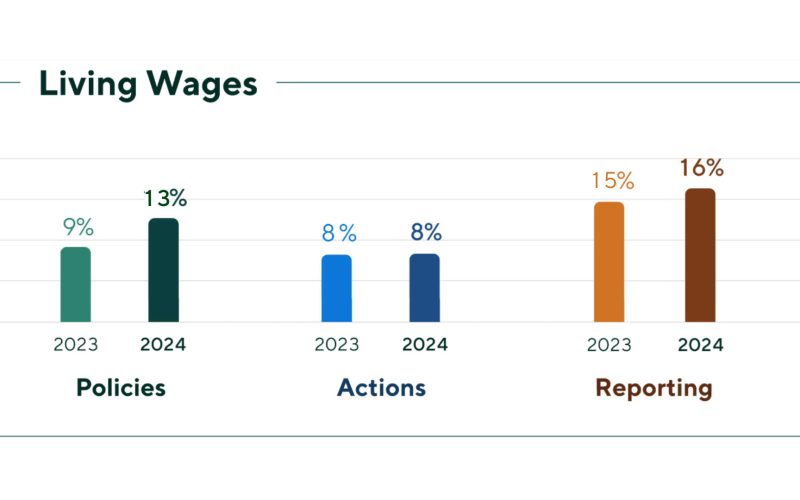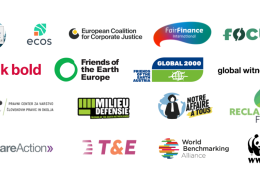Over 10,000 companies have adopted living wage reporting via the EcoVadis platform, marking a significant shift towards fair compensation in global supply chains.
Living wages, calculated to meet basic living costs such as housing, food, and education, go beyond minimum wage requirements by reflecting regional living standards. By adopting these policies, companies not only improve employee well-being but also enhance productivity, loyalty, and brand reputation.
Since 2023, suppliers evaluated through EcoVadis Ratings have been required to showcase their policies, actions, and outcomes concerning living wages. In this relatively short period, there has been a noticeable rise in the adoption of living wage policies, increasing from 9% to 13%, alongside a slight uptick in reporting efforts, which grew from 15% to 16%.
The inclusion of living wage reporting is becoming a standard practice for businesses aiming to align with sustainable and socially responsible operations. Platforms like EcoVadis provide the tools for companies to measure and improve their performance in key areas such as fair compensation, supply chain resilience, and transparency.
For companies, implementing living wage policies offers tangible benefits, including stronger employee engagement, improved supply chain sustainability, and alignment with consumer and investor expectations.
Reaching 10,000 companies signals a broader shift in global industries, with living wage reporting gaining traction as a benchmark for corporate responsibility. As this practice becomes more widely adopted, it is expected to drive systemic change in labour standards and fair pay practices worldwide.
The EcoVadis platform has been instrumental in supporting companies to meet these goals, helping businesses align with sustainability priorities while addressing critical labour challenges. By fostering collaboration and accountability, initiatives like this pave the way for a more equitable and resilient global economy.





















